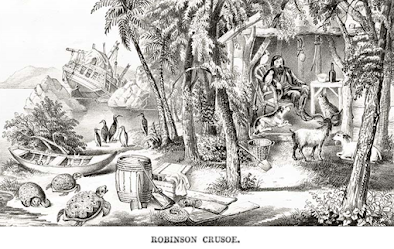I- T H E R U L I N G C L A S S
The citizenry of every political society can be divided into two classes: the rulers and the ruled. Moreover, the ruling class is always a numerical minority as compared to the ruled class. This is not merely an empirical regularity, it is inherent in the very concept of a political society; it is an immutable and universal law that holds true for all times and places. This law of human civilization, the law of elites, constitutes the central tenet of Italian school elitism. The law of elites was first elaborated by the eminent political theorist Gaetano Mosca in the 1870s while he was a student under Angelo Messesdagila at the University of Palermo. It was during this time that Mosca stumbled upon a profound insight. Mosca realised that the basic idea underlying the analytical categorisation that Hipppolyte Taine had applied to the Ancien Regime could be generalised and applied to any conceivable political society. Mosca posited that if one studies any polity, be it a monarchy, a republic, a dictatorship, or any political arrangement whatsoever, one inevitably discovers that real power is never held by one person, the king or dictator, nor by the whole populace. Rather, actual power is always wielded by a particular class of people, which is always a small minority as compared with the whole population.









